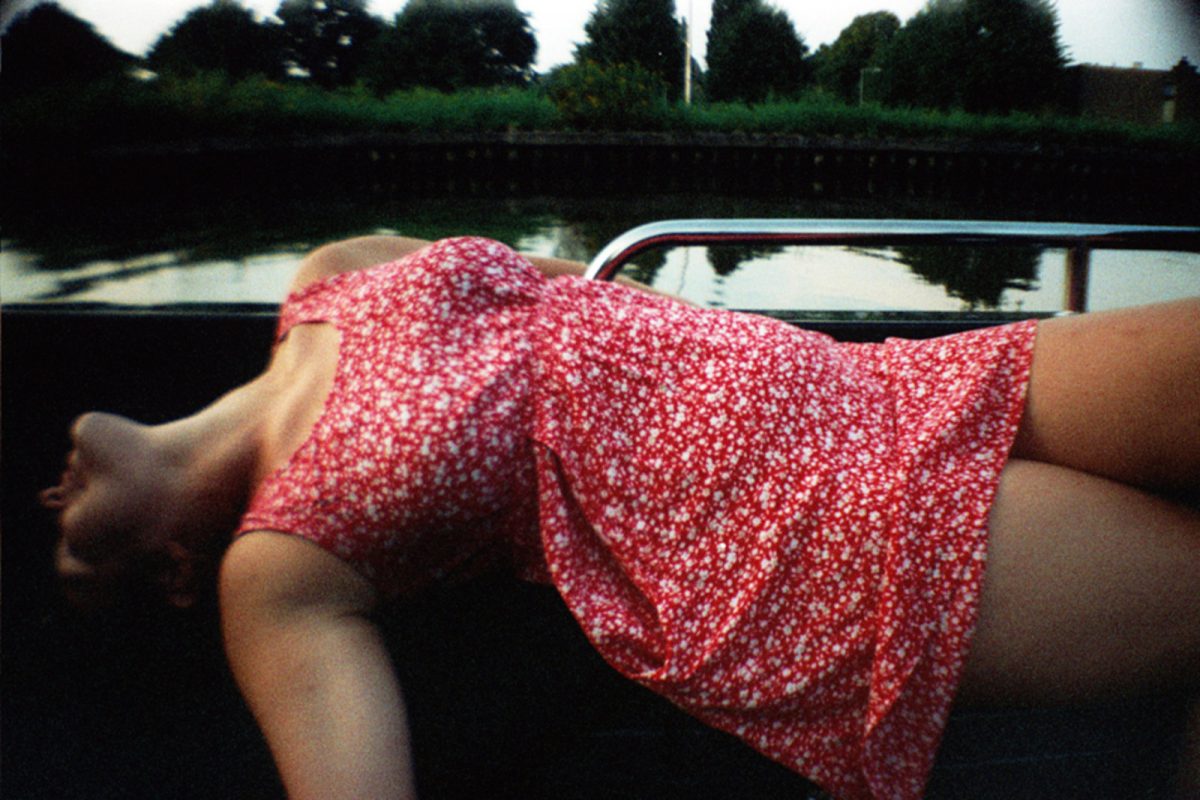The Desire to Keep

I’m watching him talk and the way the light is hitting his face makes me want to reach for my camera. I can see the photo in my mind, but I don’t want to distract the moment with a camera in my face, so I leave it in my bag. But, then he stretches his hand up towards his face, touching it slightly, and looks right at me. Jesus. Fuck. That was the shot. That was it. I missed it.
And now, when I think of that moment, I can’t think of the beauty of it without also thinking of the photo I didn’t take.
So, which is the greater loss: The loss of the photo I did not take, or the loss of the moment while wishing that I was taking a photo?
A natural instinct of humanity is our fight against the passage of time, because in that passage is inherent change. While we don’t fight against good changes, and perhaps don’t even register those events as change, shifts which take something pleasurable away from us leave us shaking our fists uselessly at the sky. Whether it’s our youth leaving us, the loss of a friend, or even a brief and beautiful moment passing by to be replaced by mundane reality, these losses strike us as fundamentally unfair and unpleasant because in one moment we had something and in the next, it’s gone.
So, why wouldn’t we invent photography, the ultimate medium to record things as they are, and to be able to look back upon those photos at any point and relive the emotion associated with that state of having – our youth, our friends, our brief and beautiful moments.
Photography is a way of rendering tangible a moment in time so that it can be kept, examined, and shared.
And yet, as in the moment that I experienced while thinking of taking a picture of my friend instead of just experiencing the pleasure of his company, photography creates a fundamental phenomenological gap between the person who is taking the photograph and the subject of the photo. The irony of this should be self-evident, and perhaps wistful enough that it enables photographers to continuously remind themselves to put their camera down and enjoy the moment.
Still, the ephemerality of a moment induces us to want to keep it. And not in a paint-a-picture-of-it-later kind of way, but a striking, base human drive to bottle an emotion with the hopes of being able to experience it again on-demand by simply uncorking that bottle and taking a whiff. Particularly as we find ourselves increasingly numbed by the over-saturation of media. It’s an addiction feeding on a weakness, and we can’t wait for the next hit, driving ourselves further into emotional callousness as the potency diminishes.
The recording aspect of a camera ties itself to our love of ephemeral moments, certain times and places which can never be repeated in exactitude. The magic of photography is that it takes this time and place and records it. The moment goes on, the photo does not, even if our interpretations of the photo may continue to evolve.
Wrapped up in photography is perhaps also the sharp cruelty of diminishing the significance of a moment in time by removing its ability to exist for its own sake, by removing its transience.
Moments were meant to pass, therefore we find them beautiful. Our attachment to a moment compels us to capture it, therefore the moment can, by nature, no longer be as supremely beautiful… right?
It’s all tangled up in the dirty laundry of “I want.” I want to keep that moment, I want that moment to last, I want to create something beautiful, I want to be happy, I want to feel something, I want to be immortal. Yet these things are not “ours” to be owned or manipulated.
Perhaps that’s all photography is: a manifestation of the desire to keep something which is not ours, which can never be ours, but through which, by making a concrete totem, we can pretend that it is for a while.
The Desire to Keep was published on GUP Magazine and later in GUP#34, the What We Like 2 issue.
